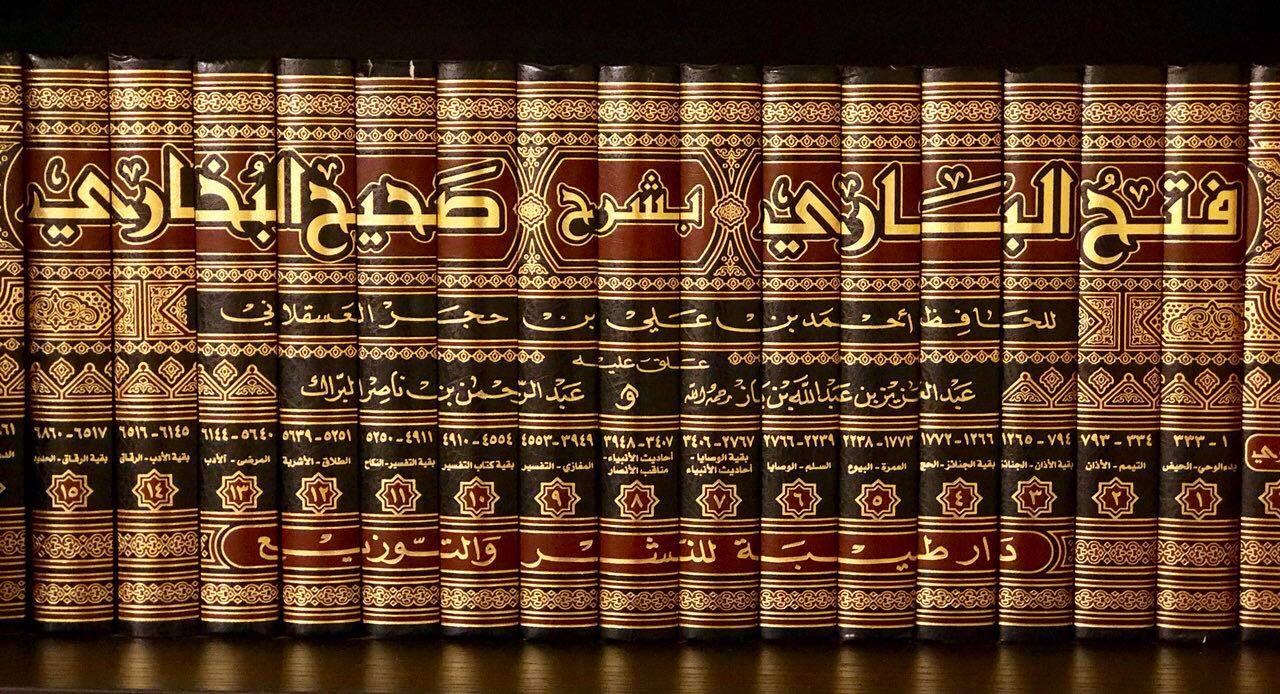
The purpose of this article is not to add to the treasure of knowledge people already possess on Dajjāl (the Anti-Christ), but to add some words of context to recent developments in which Muslims demonstrate a penchant to be easily swayed by media but will not budge from narrow personal positions.
Netflix seems to have spurred a flurry of commentary on Dajjāl. I do not condemn this spate of activity in itself, for most seem to simply have a desire to inform and sort out fact from fiction. Nevertheless I do confess that I am not at ease at how easily the media and these platforms lead Muslims in a particular direction.
If the media directs our attention to China for example, one notices a drop in fund raising, sermons, publications and social media commentary etc on other Muslims who might be suffering even more. I do not belittle the plight of the Uighur Muslims in this example, but surely you would agree that something is wrong if we can so easily be manipulated, or allow ourselves to be diverted.
Sometimes it is not even two tragedies which compete for our attention, but I have witnessed how greatly Muslims were concerned during a bombardment of Ghazzah, and the very next day, all that it took to capture the attention of these concerned Muslims was a cricket match.
Similarly I have to ponder over the state of the Muslims if a continuous effort of centuries of books and sermons warning us of the greatest tribulation in the history of mankind have less impact than a Netflix movie (or series, I am not sure which it is). To spell it out, the comments and concern are in their place, and even meritorious, just as collecting for the Uighurs instead of the Rohingya remains a good deed, but consider this… if such ephemeral media so easily gets you going and the words of the pious scholars have had minimal effect of your life, what is going to happen when the actual tribulation of the Anti-Christ manifests? Who do you think will be controlling the media at that stage?
Another concern I have when reading these commentaries, is the sad lack of balance in many commentaries. This is symptomatic of the academic intolerance amongst Muslims and the belief that an opinion becomes absolute fact. It has become beneath the dignity of the contemporary Muslim to offer any sort of disclaimer that he offers an opinion on a matter about which there is discussion and different interpretations. Instead, statements are made as if they are categoric declarations of Allāh and His Messenger (salutations and peace be upon him) without contextualising certain issues. Thus one writer falls into this trap and contradicts himself. Dajjāl has simultaneously been on earth for over 14 centuries, yet will be no more than 30 years of age when he makes his debut.
Points I wish to Highlight in regards Dajjāl
There exists sufficient material that respected reader can access to revise or learn about the Anti-Christ. I have nothing of extraordinary value to add. I however wish to point out certain matters which seem to be missing in current commentaries on social media. If someone else has in fact addressed these issues, pardon my arrogant assumptions, I am merely addressing what I see, and am not painting all with the same brush.
- The narrations on Dajjāl and end times in general are varied and not always explicit. To arrange these narrations in definite order and meaning which might or might not be what Allāh’s Messenger (ṣallallāhu ʿalayhi wa sallam) intended is audacity of the highest order. Scholars of the past offered opinions and guidance and were humble enough to state where they were coming from.
- There is not only one Dajjāl. The Musnad of Imām ʾAḥmad, amongst others, clearly mention, “There will be in my ʾummah thirty Dajjāls, great liars…” Scholars have interpreted this to possibly mean that there will be many lesser deceivers who will precede the final major Anti-Christ.
- Some narrations may therefore refer to a minor Dajjāl and some to the major Dajjāl. Giants amongst the scholars of the past have differed in their interpretation as to whether a certain narration refers to a minor deceiver or the major Dajjāl. When we ignore the multiplicity of deceivers; the imprecision in narrations; and the respectful arguments amongst the scholars of the past; we end up with contradictions like a 30 year old 14 centuries old beast.
- Some people who have more Hollywood between their ears than brains, perennially spew images (probably photoshopped) of babies with one eye in the centre of the forehead, cyclops style. Dajjāl is one-eyed in the sense of having one intact eye. He will have two eyes. The one will be blotted.
- The narration which ʾIbn Ḥajar ʾal-ʿAsqalānī mentions in Fatḥ ʾal-Bārī in regards the three stages of Dajjāl might not be unanimously accepted, but I feel it is something which Muslims should be alert to in these days of deception. Dajjāl will first present himself as a champion of the Muslims. He will be so persuasive, even the pious will believe him to be good. He will have two normal eyes at this stage. Later he will claim to be a prophet. Finally he will claim divinity, at which stage his one eye will be blotted.
سليمان الكندي
@sulayman_kindi
